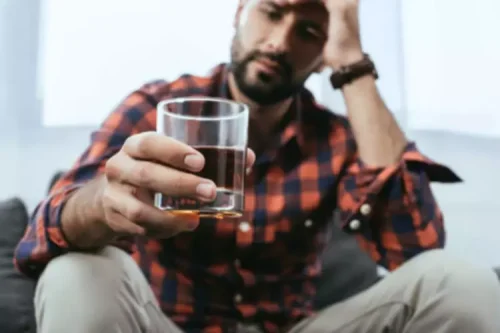
By practicing gratitude during recovery, you not only boost your resilience in times of hardship but also lay the foundation for long-term success in all areas of life. Now that we understand the many positive benefits gratitude has on our mental health, let’s see how it’s connected to our physical health. A feeling of gratitude is similar to a sense of solid appreciation. When you practice gratitude, you make a conscious effort to recognize the things, people and actions in your life you should be thankful for.
Can gratitude help improve my overall well-being and mental health in sobriety?

It helps individuals focus on positive things in their lives instead of dwelling on negativity. Regularly practicing gratitude trains the mind to seek positivity in every situation. Expressing gratitude can take many forms, from saying “thank you” to sending a heartfelt note or gift. It’s a simple but effective way to acknowledge the efforts of those around us and recognize the positive impact they have on our lives. Research has shown that expressing gratitude can lead to lower stress levels, increased optimism, and improved overall health.
Using Gratitude as a Driving Force for Positive Change

Maintaining a grateful mindset during tough times can also help you remember that they do pass. Staying grateful during both good and bad times keeps your mindset in a consistent place. Furthermore, focusing on the positive aspects of the present moment and future outlook helps those working through trauma by reorienting away from negative thoughts or memories. Lastly, gratitude can increase a sense of connection with others and with ourselves, which makes commitments to sobriety easier in the long run. Being thankful is a fundamental part of the holiday season, but it’s also a big part of living a sober life in addiction recovery. Gratitude is not only an essential part of sober living during the holidays but all year long.
Practice the Gratitude Motions
Developing a mindset and behaviors that reflect gratitude is a skill, and it will take time to grow. If you’re new to recovery and you’d like to have more gratitude, here are nine practical ways to practice gratitude in recovery. One of the best ways to feel grateful is to give back and help others. Whether volunteering, donating to a worthy cause, or simply lending a listening ear, giving back is a great way to practice gratitude in recovery.

Gratitude lists are a helpful tool for people battling addiction, depression, and other afflictions that impact the inclination and willingness to experience gratitude. If you recently left treatment or you’re new to recovery, be patient with yourself. You’ve already taken the gratitude in recovery first steps on the road to happiness, and over time, your gratitude, mental health and general outlook on life will all improve. Viewing difficult circumstances in this way will also help you avoid relapse and deal with short-term lapses in a more positive and effective way.
How a Sober Coach Fits Into the Addiction Recovery Process
- Whether volunteering, donating to a worthy cause, or simply lending a listening ear, giving back is a great way to practice gratitude in recovery.
- Gratitude can help you concentrate on the positive aspects of your situation rather than dwelling on the negative ones.
- It’s an affirmation that you are strong, you are resilient, and you have so much to be grateful for – including your commitment to recovery itself.
By lowering stress levels, gratitude helps individuals in recovery maintain emotional balance and make clearer, healthier decisions. Incorporating gratitude into your daily life doesn’t have to be complicated or time-consuming. By making small changes https://ecosoberhouse.com/ in your mindset and habits, you can reap tremendous benefits that will improve your mental health and overall well-being. Gratitude is an emotion that carries immense power, capable of transforming individuals’ mental and emotional health.
